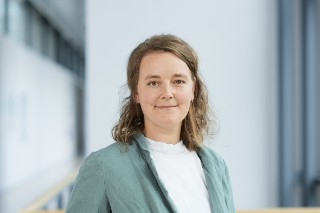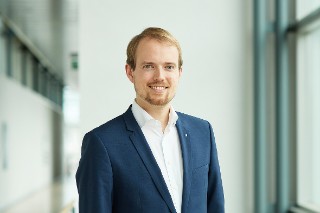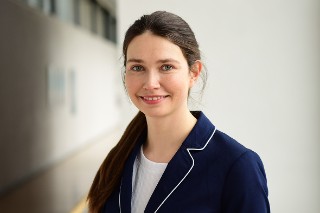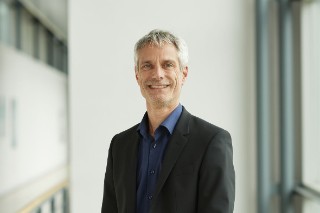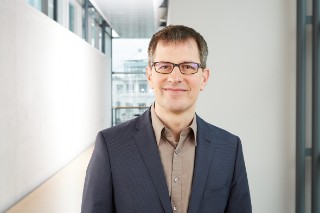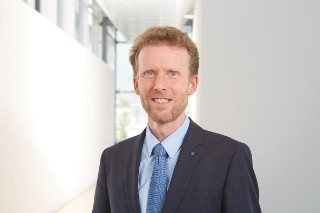At the Center for Electrolysis, Fuel Cells and Synthetic Fuels, components and subsystems for Hydrogen Technologies in the areas of PEM/AEM electrolysis, PEM fuel cells and power-to-X are tested, characterized, analyzed and optimized using scientifically grounded methods.
Our services are aimed at companies and research institutions that develop and manufacture components, systems, and processes for hydrogen production, hydrogen use in fuel cells, further processing into Power-to-X products, and their reforming.
Our laboratories offer a wide range of services. Our modern infrastructure, flexible facilities, and precise analytical equipment are operated by an experienced team. Let's work together to find the answer to your question!
The Center for Electrolysis, Fuel Cells, and Synthetic Fuels comprises the following laboratories:




